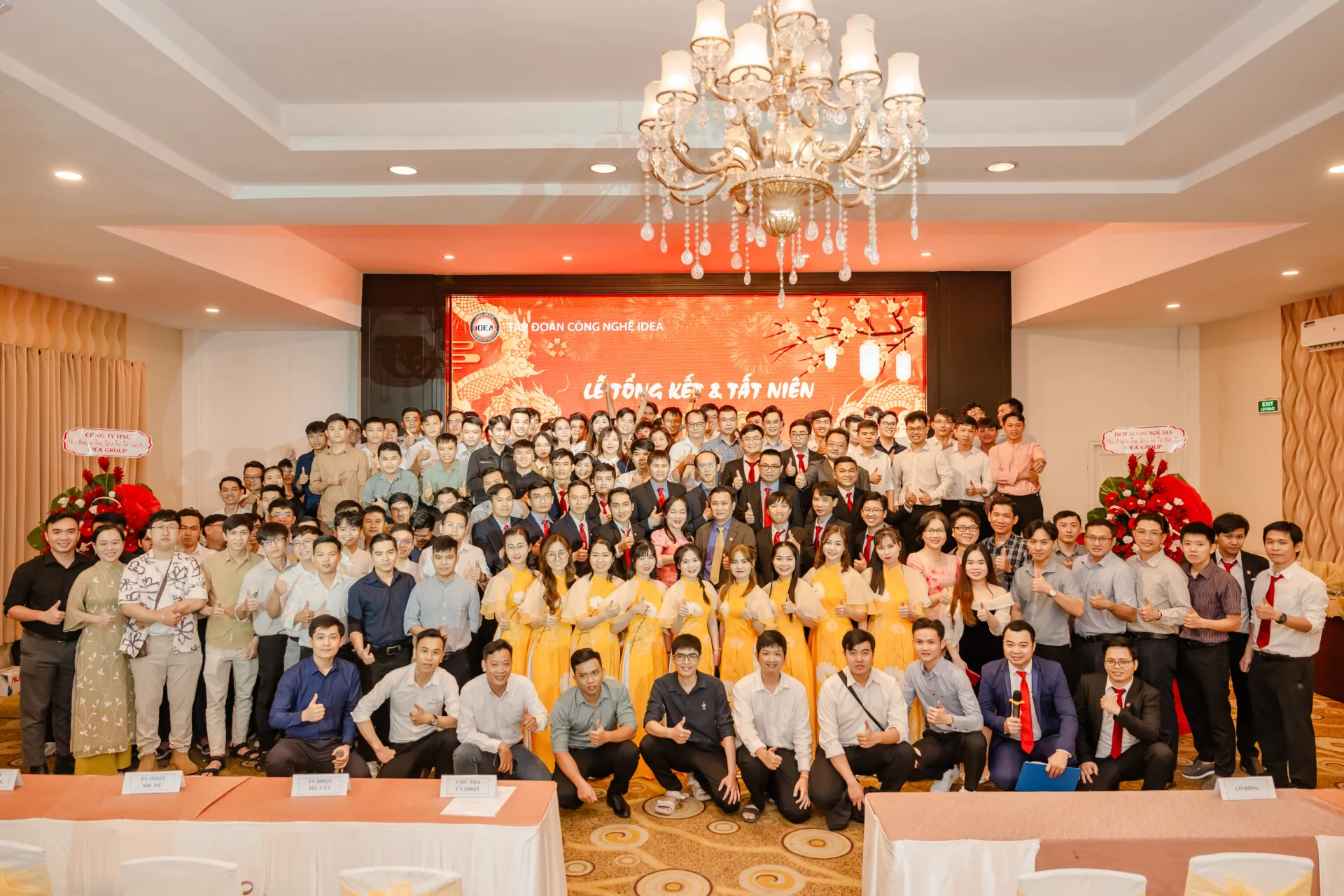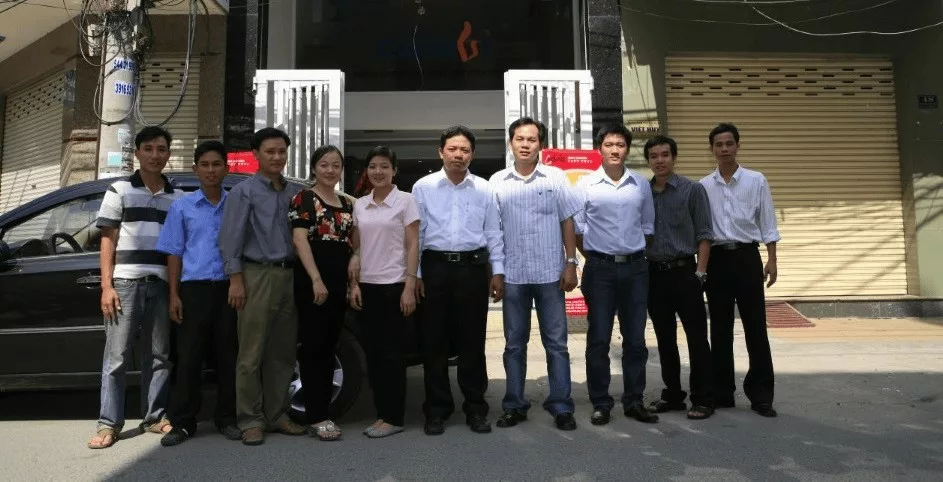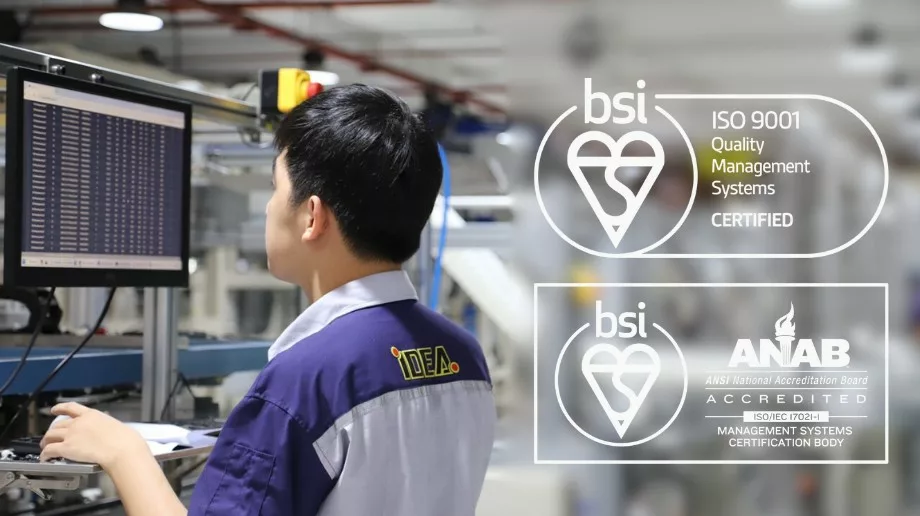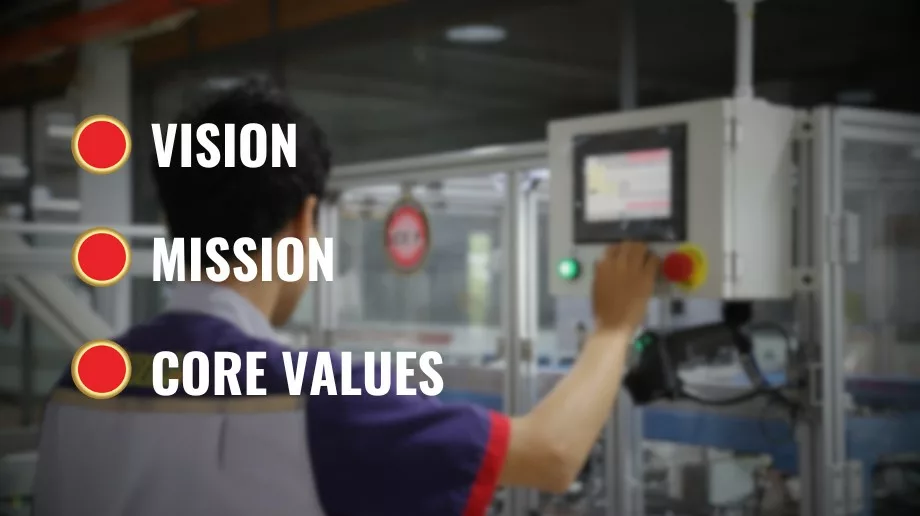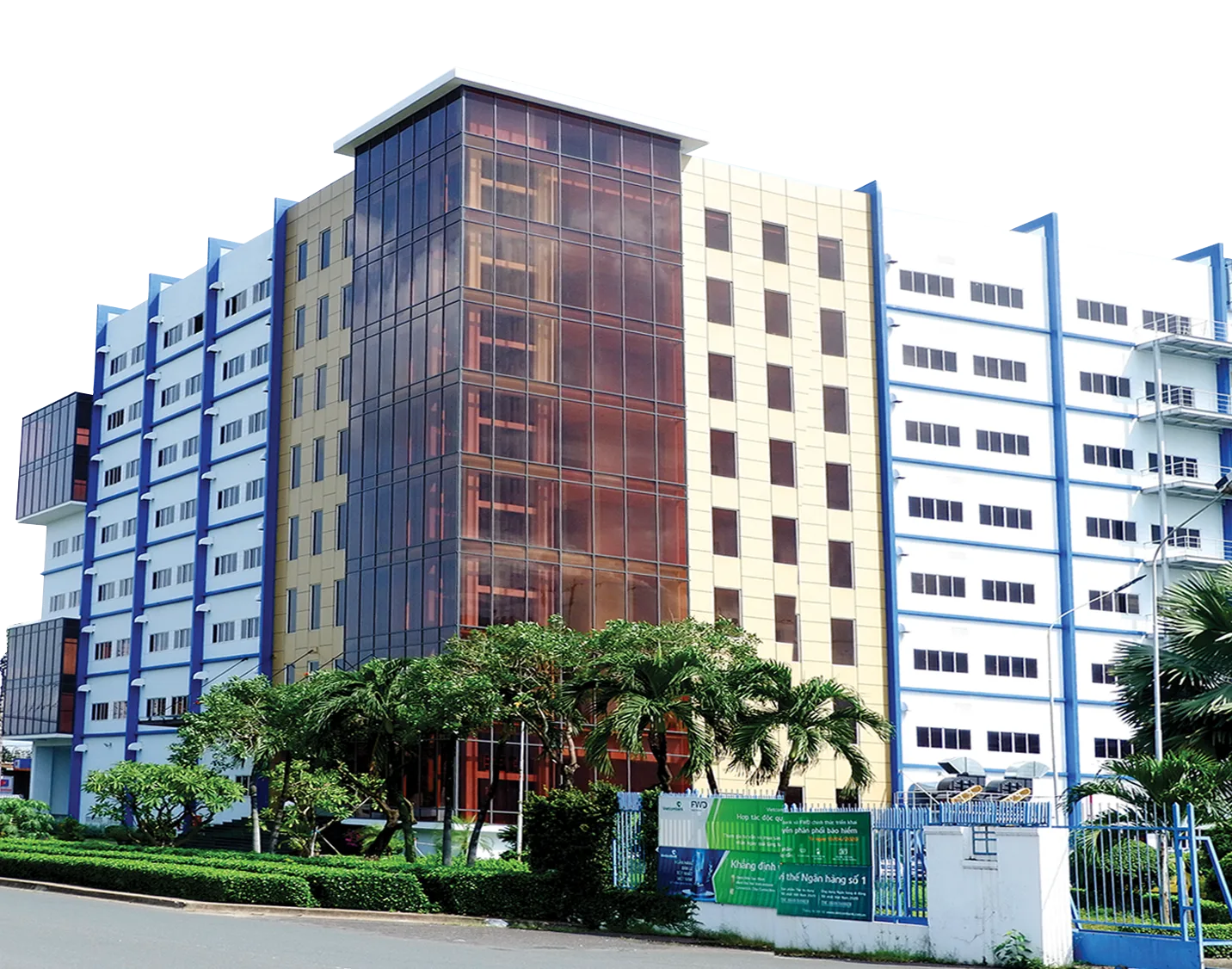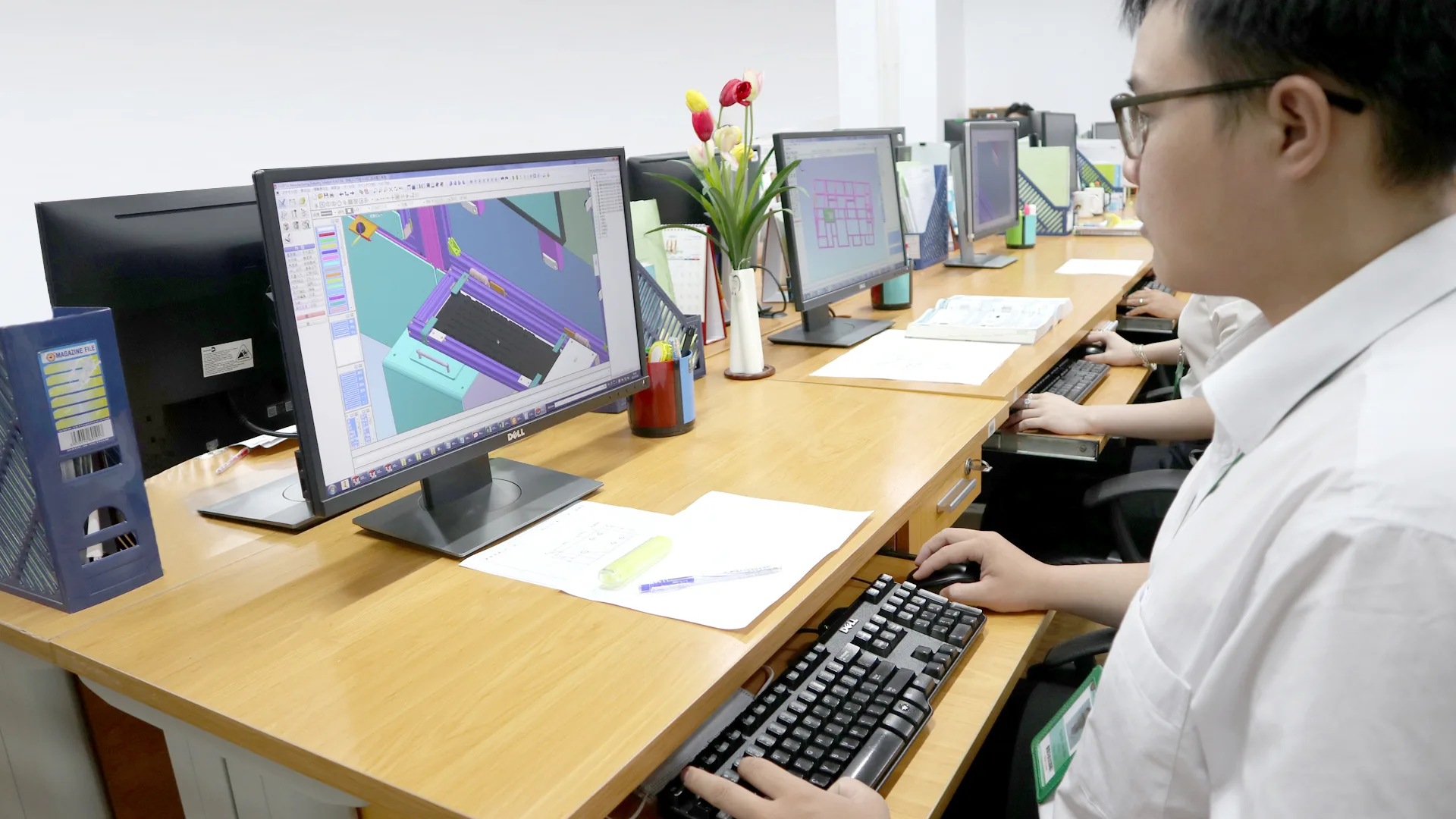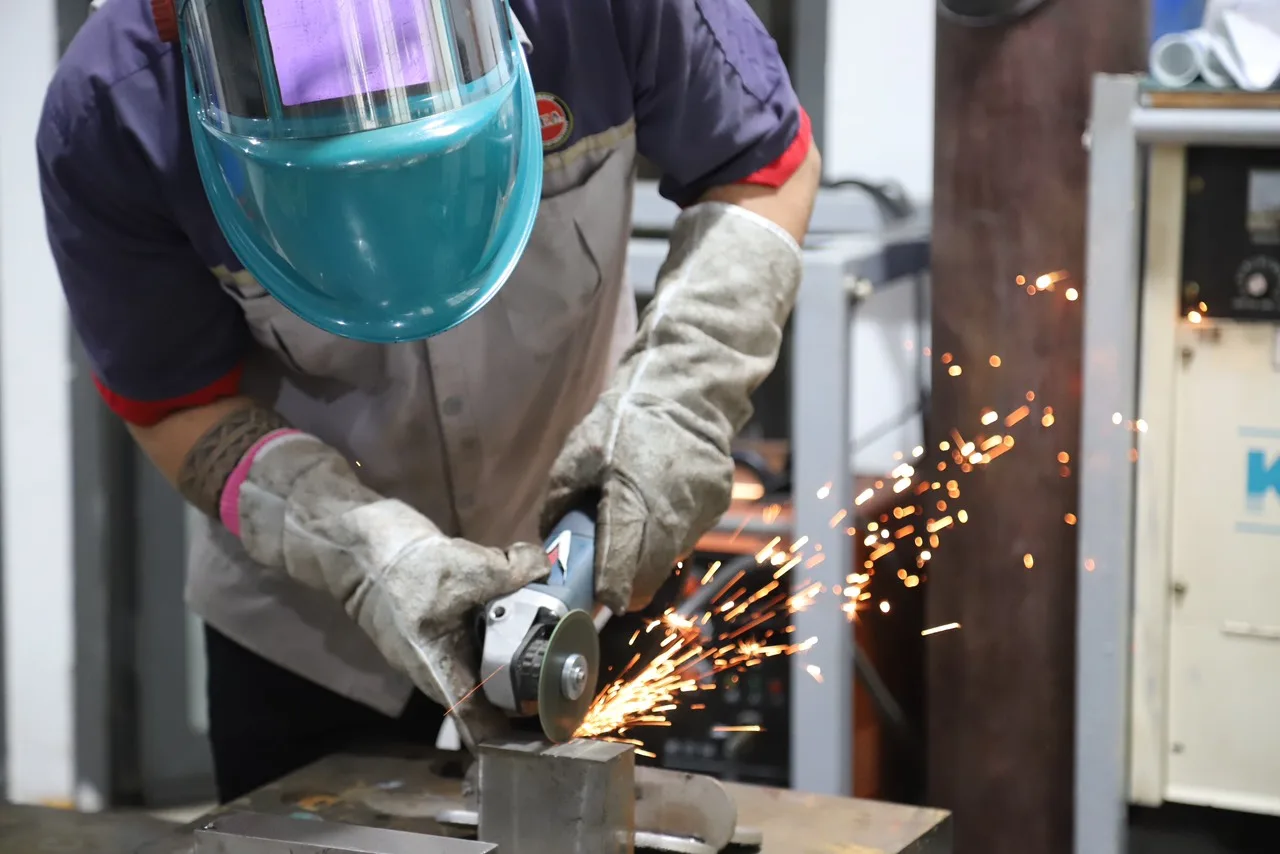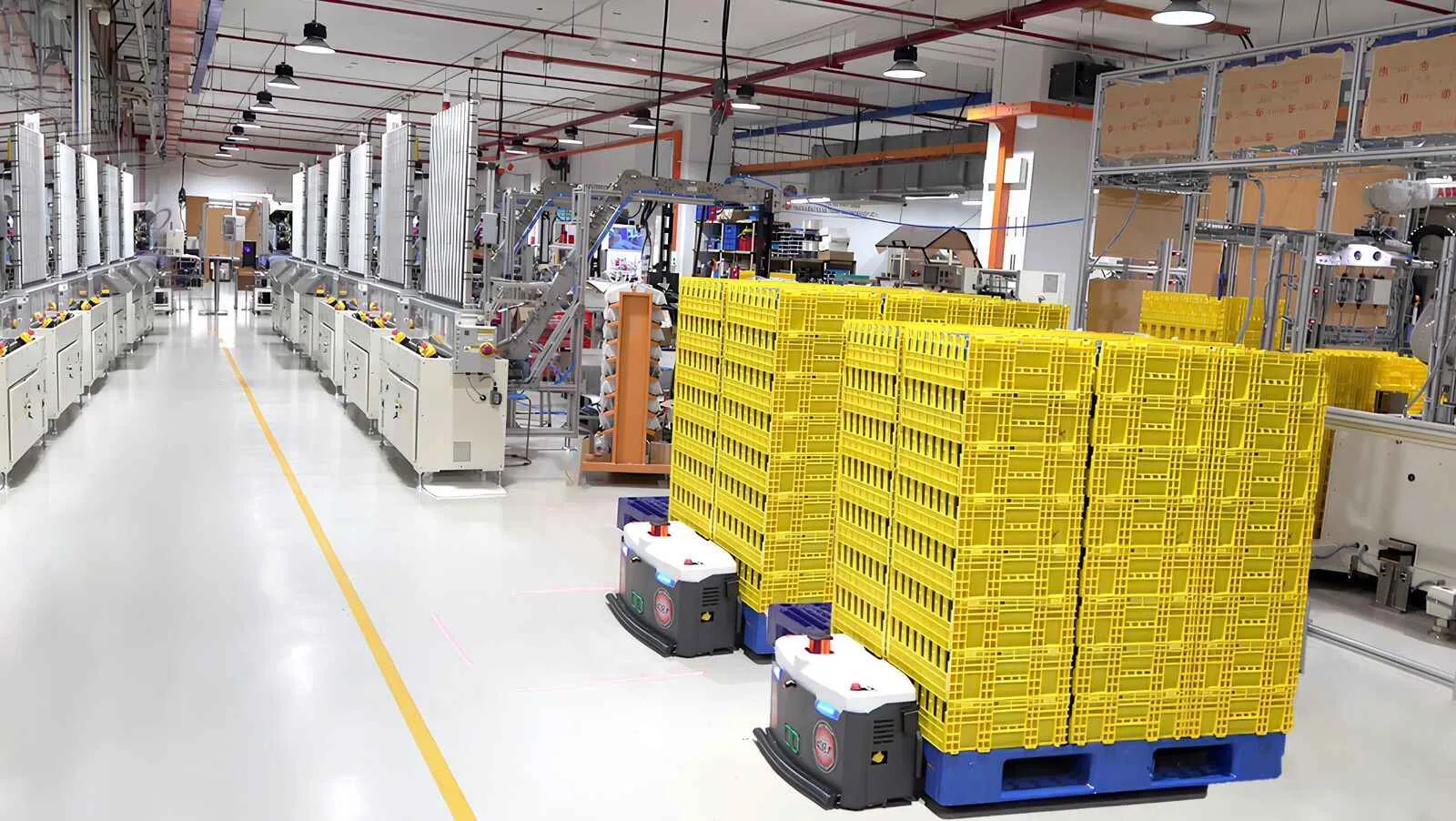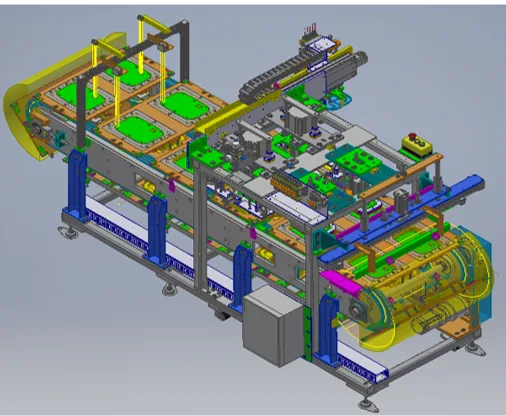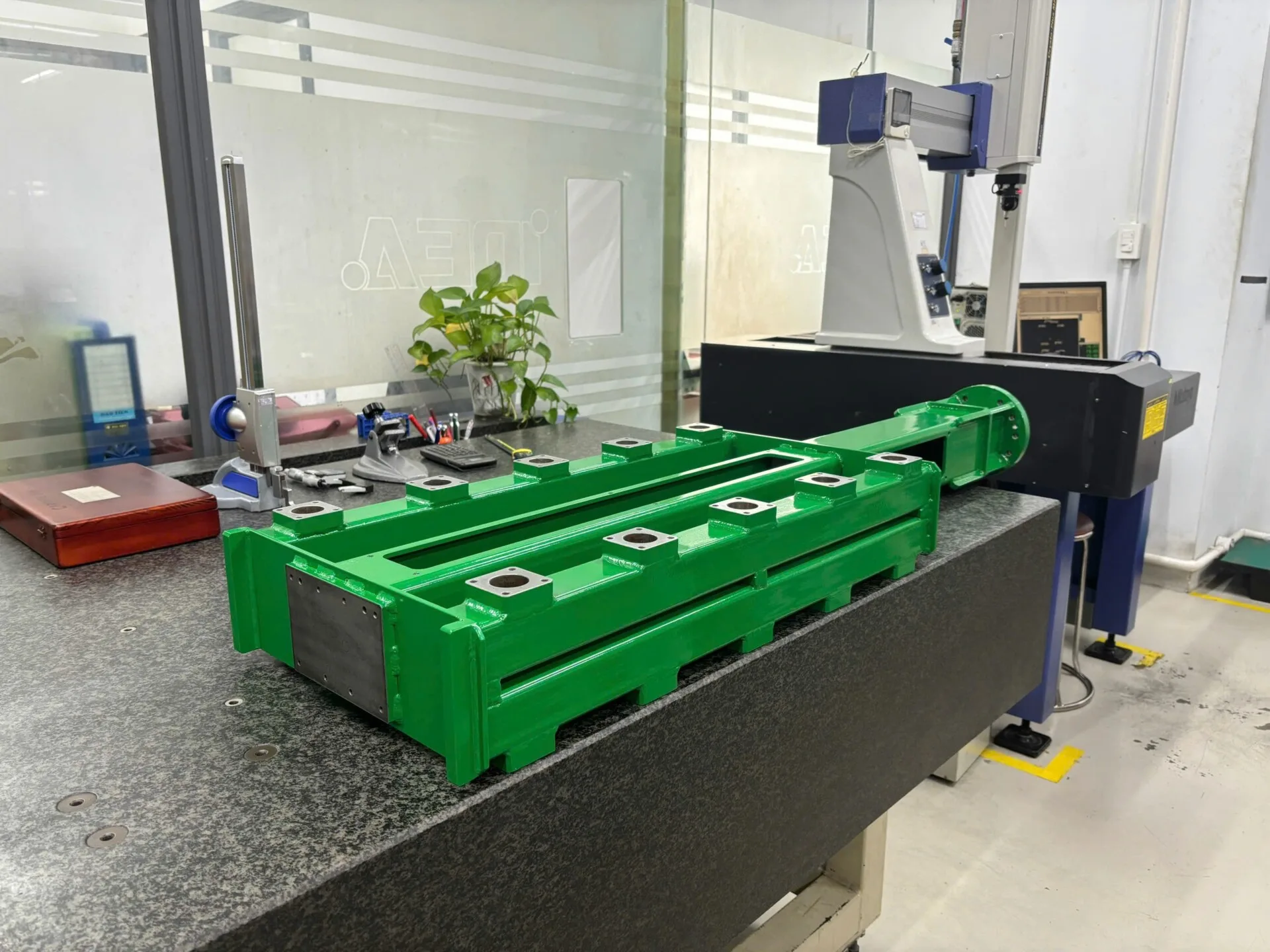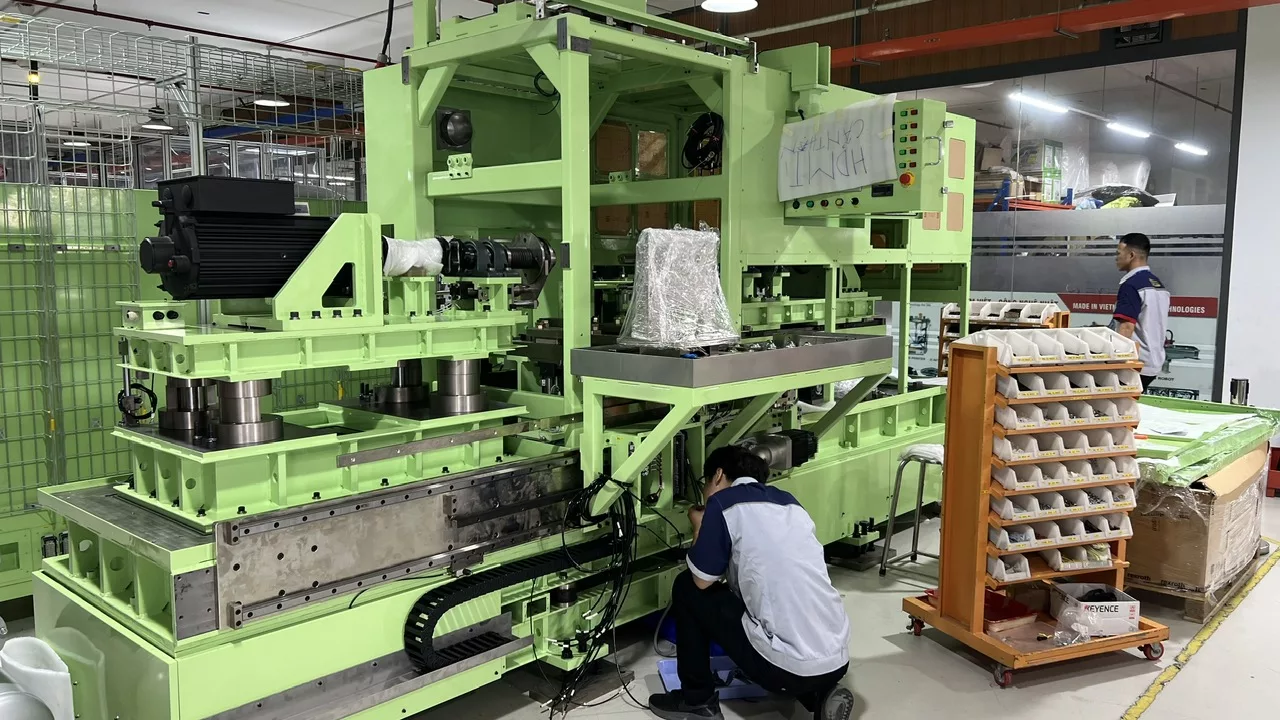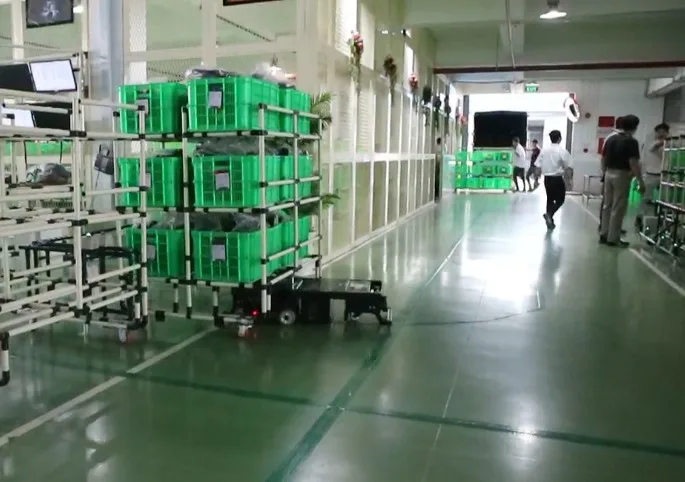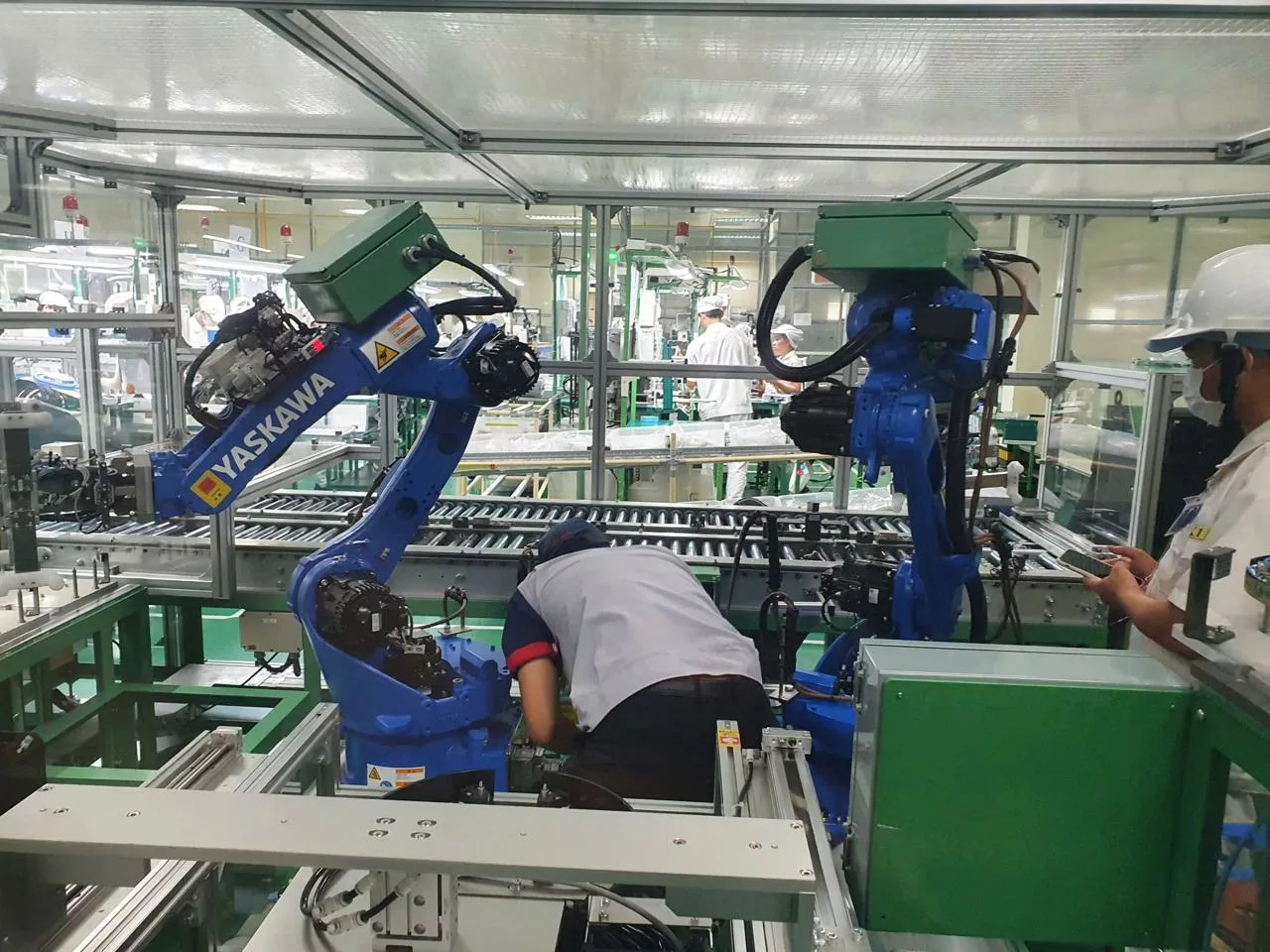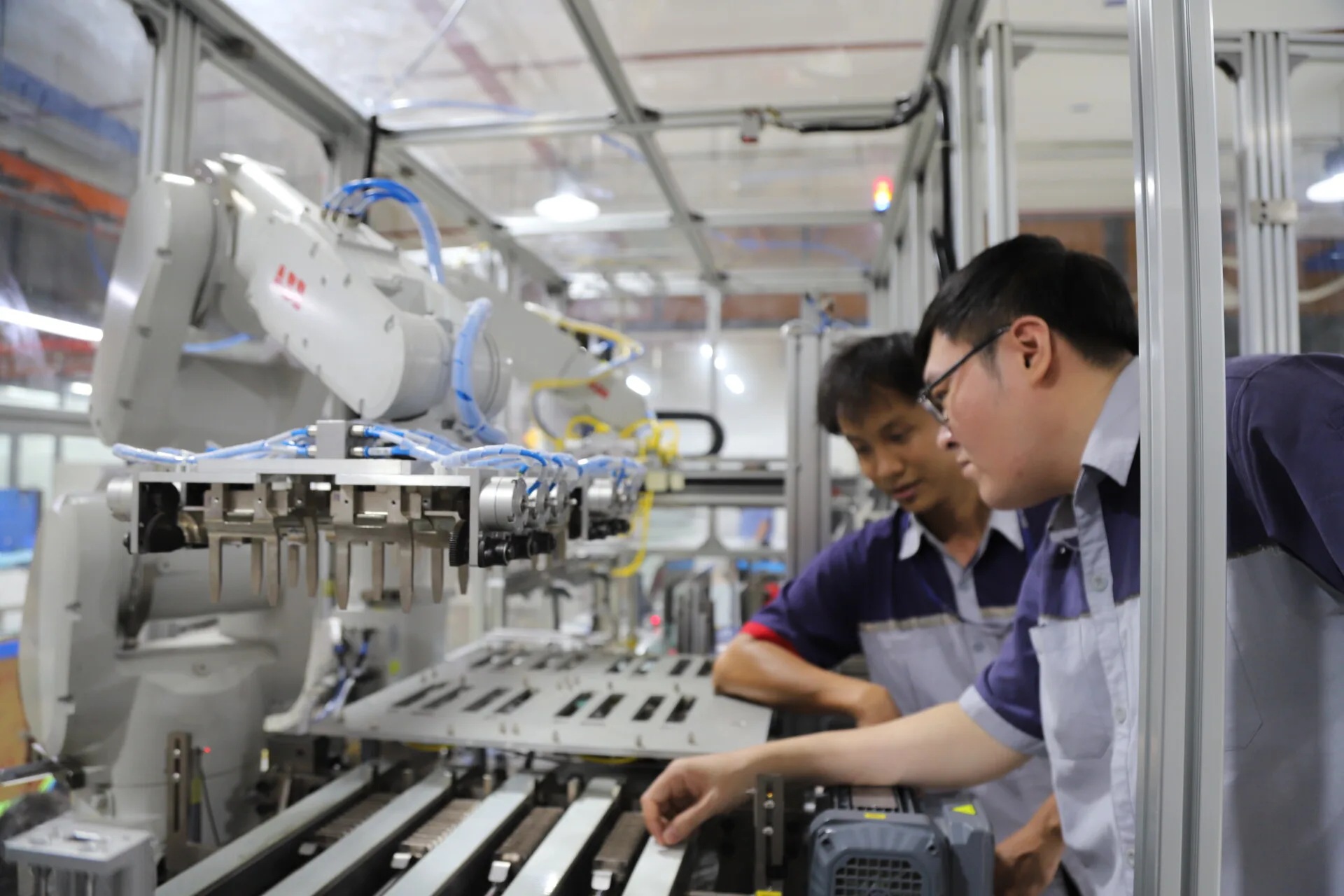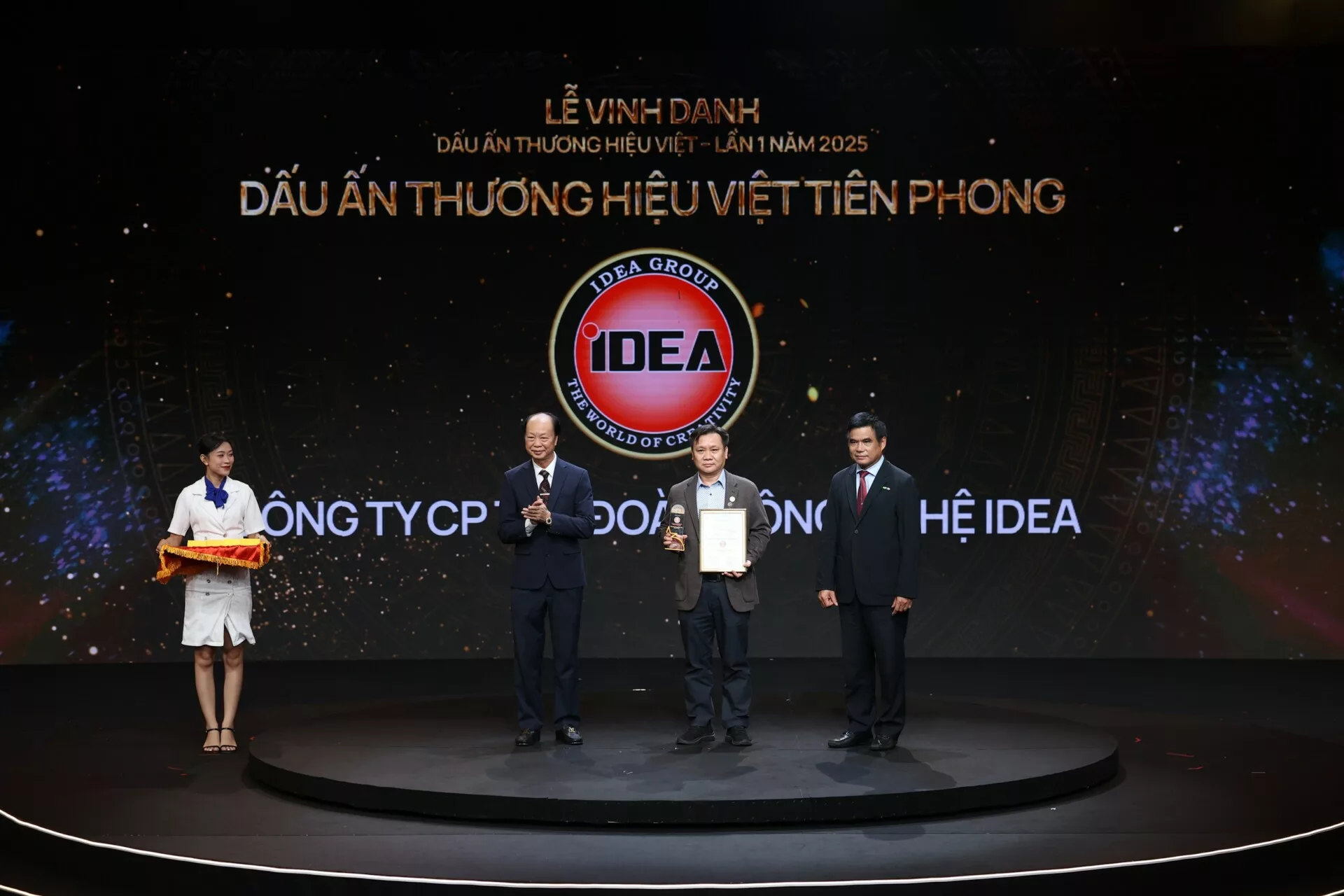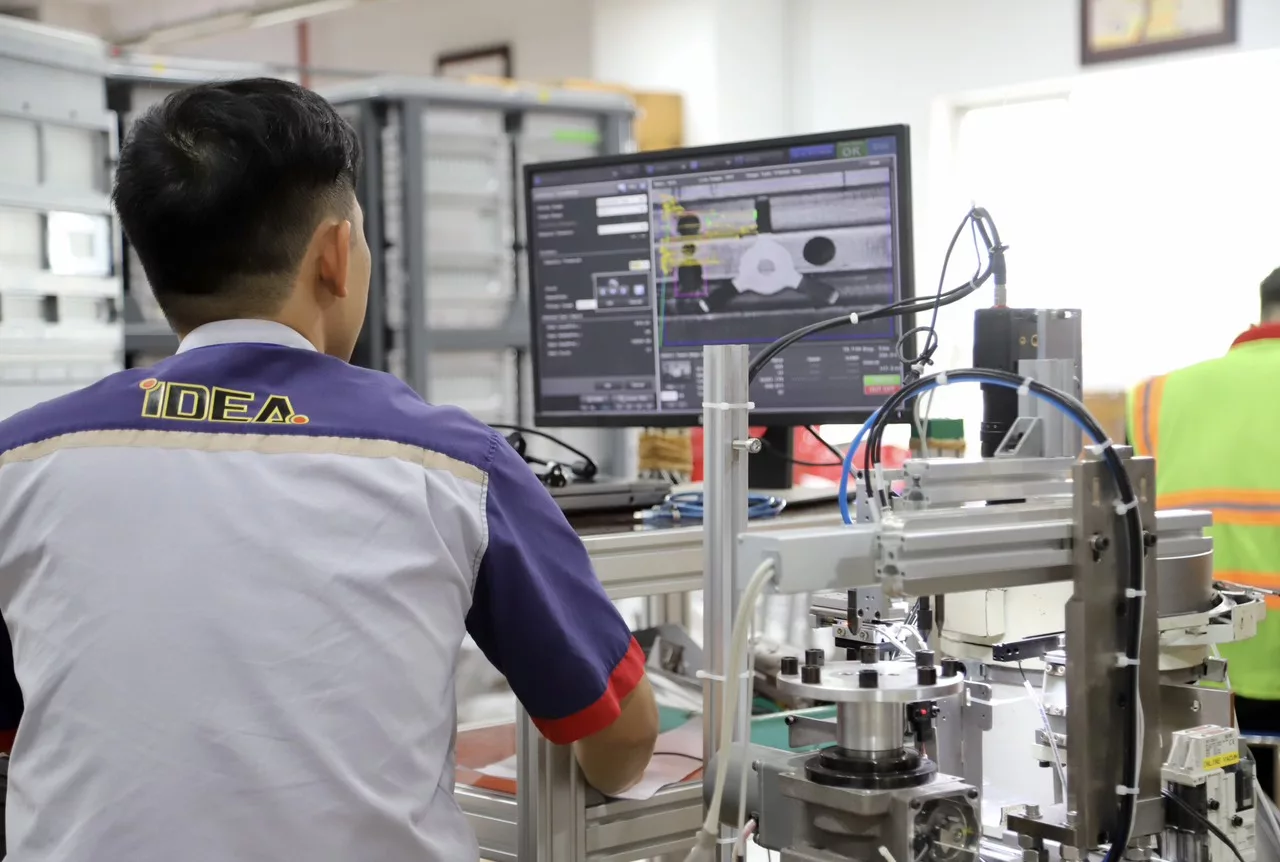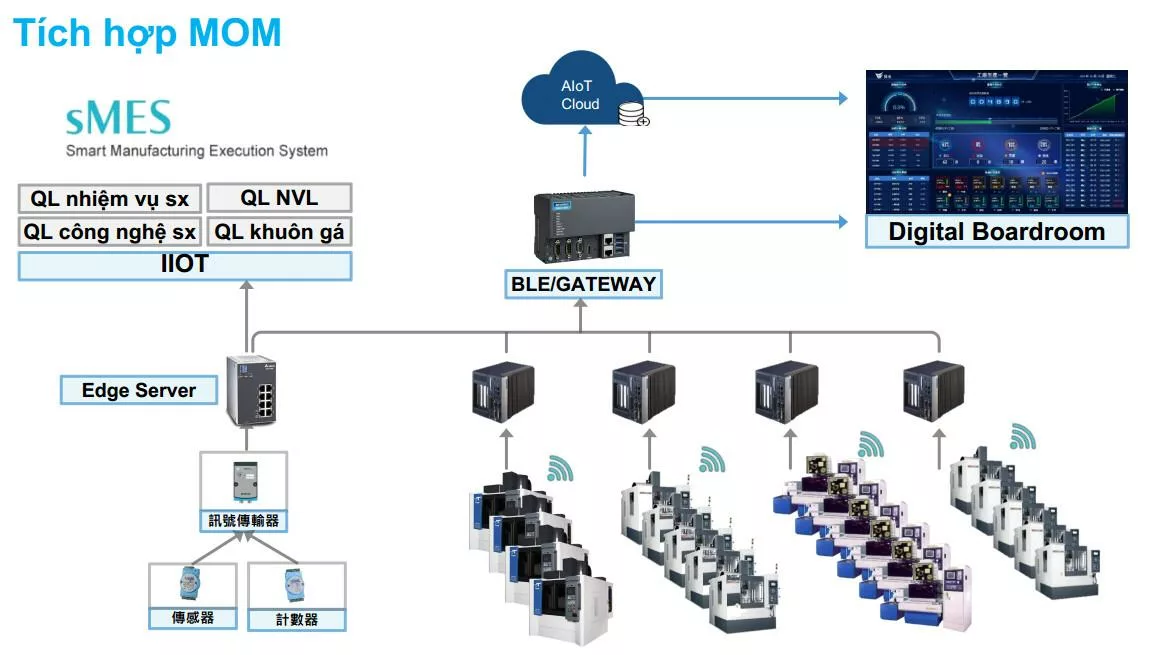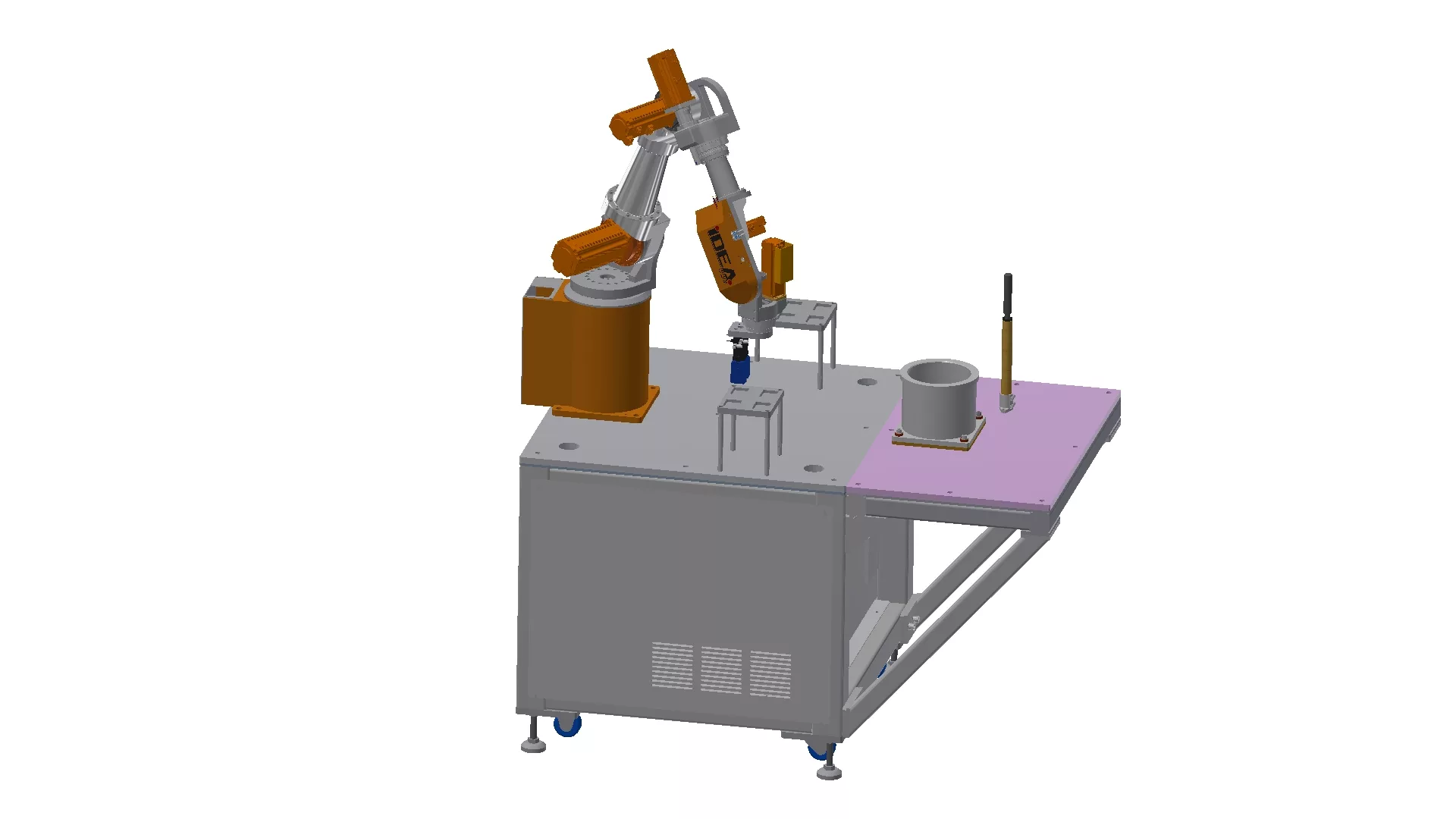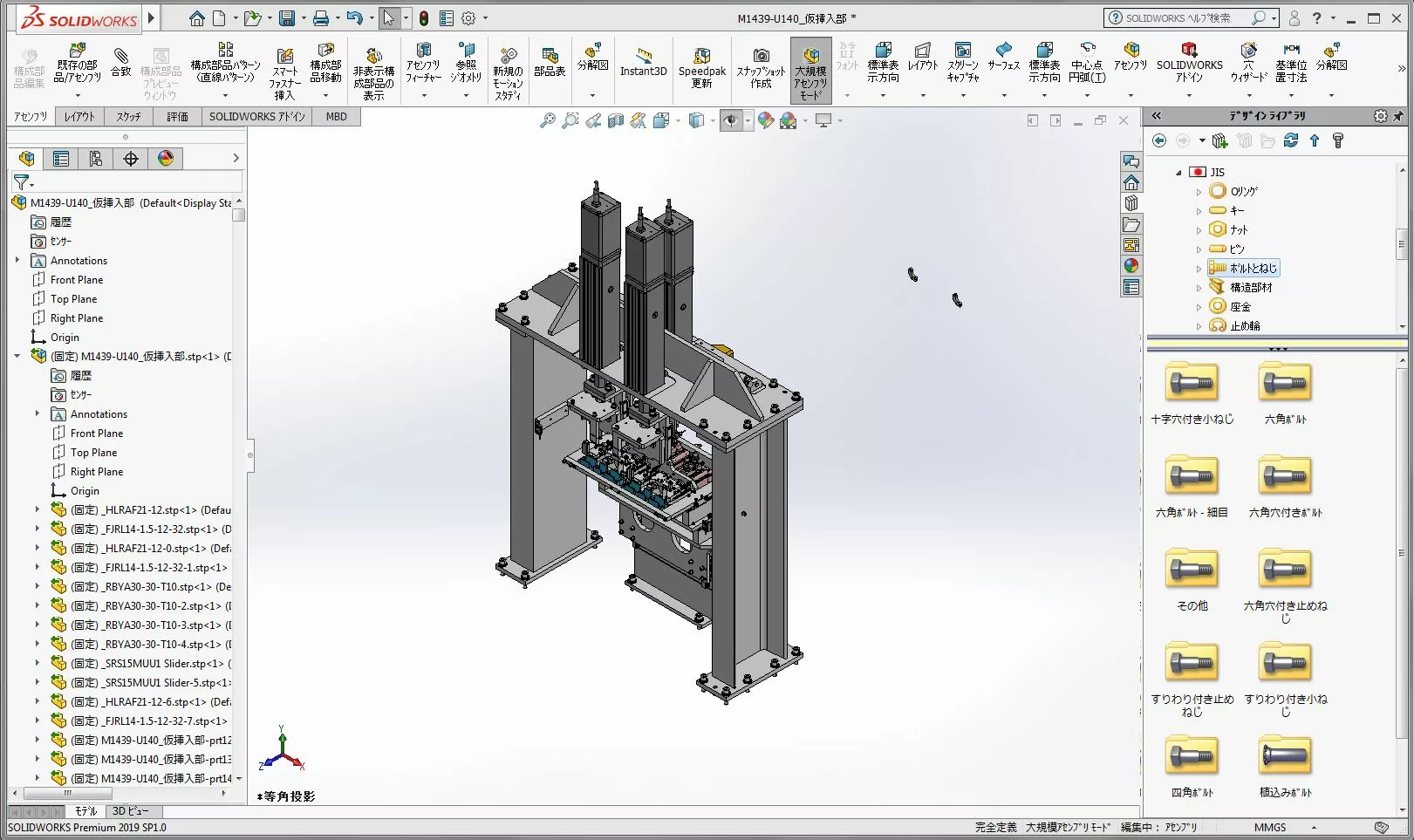Smart sensors have become a cornerstone in modern machine design and automation, transforming how industrial machinery operates and communicates. These intelligent devices provide real-time data, enhance system efficiency, reduce downtime, and support predictive maintenance. As manufacturing shifts toward Industry 4.0, integrating smart sensors into machines is no longer optional—it’s a strategic imperative for staying competitive in the era of intelligent automation.
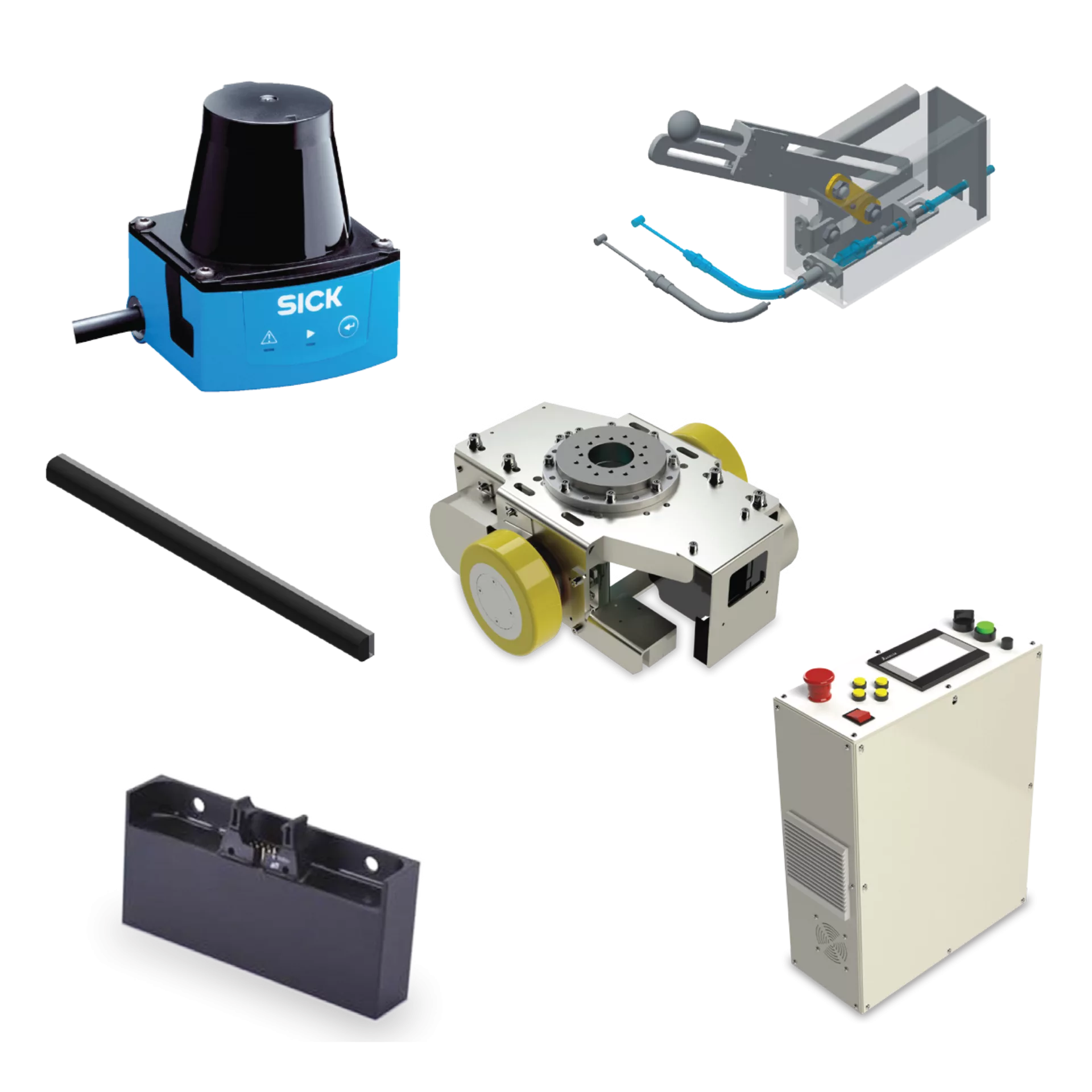
The Evolving Role of Smart Sensors in Machine Design
Smart sensors are not just data collectors—they are decision enablers. In machine design, incorporating these sensors allows systems to:
- Monitor temperature, vibration, pressure, and other critical factors in real time
- Enable condition-based and predictive maintenance
- Facilitate autonomous response to changing production conditions
- Improve safety, quality control, and energy efficiency
Through seamless integration with control systems, smart sensors contribute to a more intelligent, adaptive production environment.
How Smart Sensors Enhance Automation Systems
Automation relies heavily on accurate, timely information. Smart sensors provide that edge by converting physical parameters into digital signals, which can be instantly analyzed and acted upon. Their benefits in automation include:
- Minimizing human intervention while maximizing machine autonomy
- Reducing setup times through automatic calibration
- Improving diagnostics and fault detection through real-time alerts
For example, within CNC systems or robotic arms, sensors continually adjust tool paths and execute precision movements based on feedback—without operator input. These capabilities are fundamental for advanced applications such as autonomous assembly lines and digital twins.
Key Types of Smart Sensors in Industrial Applications
Depending on specific use cases, various sensor technologies are deployed in machine design and automation. Notable types include:
- Proximity Sensors: Detect the presence or absence of objects to prevent collisions or misalignments.
- Temperature Sensors: Monitor heat levels in motors and drives to avert overheating.
- Pressure Sensors: Ensure consistent pneumatic or hydraulic operation.
- Vibration Sensors: Predict mechanical failure by analyzing deviations in vibration patterns.
- Optical Sensors: Enable high-speed quality checks on production lines.
The right combination of these sensors, tailored to the machine’s function, significantly improves operation reliability.
Design Considerations for Sensor Integration
When integrating smart sensors into machine design, engineers must consider:
- Environmental conditions such as temperature, humidity, and dust levels
- Sensor compatibility with control systems and communication protocols (e.g., IO-Link, Modbus)
- Ease of installation and maintenance
- Long-term scalability and upgrade potential
Partnering with experienced experts ensures optimal sensor selection and system layout. At IDEA Group, our team specializes in designing machines that fully leverage smart sensor technologies for industrial innovation.
Smart Sensors and Digital Transformation in Manufacturing
Smart sensors are integral to the broader initiative of digital transformation in manufacturing. By delivering actionable insights into machine performance and production quality, these sensors drive innovations such as:
- Predictive analytics using machine learning platforms
- Automated traceability across entire production lifecycles
- Remote condition monitoring and control via IIoT
To explore more about the transformative role of industrial automation and smart technologies, visit Che Tao May IDEA or browse advanced product offerings at IDEA Techmart.
Explore Cutting-Edge Machine Design Solutions
If you’re looking to incorporate smart sensors into your industrial automation systems, IDEA Group’s machine design and drafting services offer comprehensive solutions—from concept to commissioning. Our experience spans various sectors, including electronics, FMCG, textiles, and precision tooling.
By embedding smart sensors into your machine architecture, you’re not just upgrading a component—you’re future-proofing your entire operation. Collaborate with IDEA, your trusted partner in cutting-edge machine design and automation, and take full advantage of the power of smart sensors in digital manufacturing.

